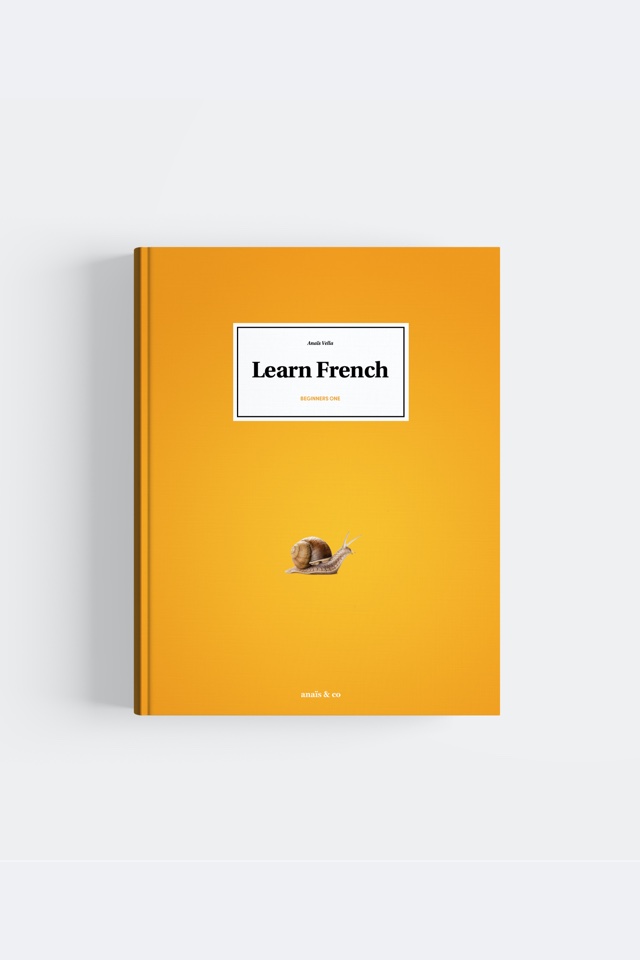

| French | English |
|---|---|
| Un acteur | An actor |
| Un artiste | An artist |
| Un avocat | A lawyer |
| Un banquier | A banker |
| Un boucher | A butcher |
| Un boulanger | A baker (bread) |
| Un buraliste | A tobacconist |
| Un caissier | A cashier |
| Un chauffeur | A driver |
| Un chercheur | A researcher |
| Un coiffeur | A hairdresser |
| Un comptable | An accountant |
| Un conducteur | A driver |
| Un docteur | A doctor |
| Un écrivain | A writer |
| Un employé | An employee |
| Un employeur | An employer |
| Un infirmier | A nurse |
| Un ingénieur | An engineer |
| Un jardinier | A gardener |
| Un journaliste | A reporter/a journalist |
| Un maître | A primary school teacher |
| Un marin | A sailor |
| Un militaire | A soldier |
| Un pâtissier | A baker (cake) |
| Un photographe | A photographer |
| Un pilote | A pilot |
| Un poissonnier | A fishmonger |
| Un policier | A policeman |
| Un professeur | A professor |
| Un scientifique | A scientist |
| Un serveur | A waiter |
| Un vendeur | A shopkeeper |
| Un vétérinaire | A veterinary |
| Un médecin | A doctor |
All the jobs are presented in their masculine singular form. To have the feminine, simply use the rules seen previously and do not forget to change your article for its feminine version. Remember there are always very irregular nouns.
Not every profession exists in the feminine form. Some profession cannot be turned into feminine, and the article used cannot be feminine even if you are referring to a woman. In this list, “un docteur,” “un médecin,” and “un marin” will follow this rule. The French Academy recommends using “une femme médecin” or “une femme marin” if you need the feminine.
The French Academy accepted the use of a feminine version for some professions previously strictly masculine. However, they have not ruled on the spelling of these words. As a result, you can now for example use “une docteure” (a doctor), “une professeure,” or “une professeuse,” (a professor) or “une auteure”, “une autrice,” “une écrivaine” (an author) or even “une cheffe,” “une chef” or “une chèfe” (a chef). Some of these forms are not commonly used in the language and the French Academy does not exclude the use of the masculine form to refer to a woman for those professions.
The indefinite articles are not used in front of a profession in French when the verb in your sentences is “être” (to be). This will be seen in more details later in this book.
For example:
Je suis avocat(e) → I am a lawyer.

More in the books
Werther you are learning by yourself, with Anais and Co or if you are a FLE teacher find this lesson and many more in a beautiful book.
Be notified when we upload a new video.